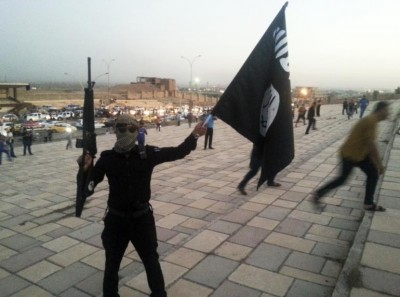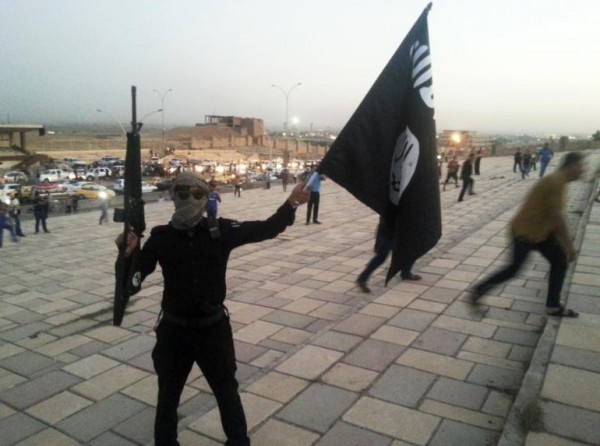 Iraq has notified the United Nations that Sunni militants seized nuclear material from a university in the northern city of Mosul last month as they advanced toward Baghdad, the nuclear regulatory body of the United Nations said Thursday.
Iraq has notified the United Nations that Sunni militants seized nuclear material from a university in the northern city of Mosul last month as they advanced toward Baghdad, the nuclear regulatory body of the United Nations said Thursday.
Gill Tudor, a spokeswoman for the International Atomic Energy Agency, which is based in Vienna, said in a statement that the organization’s experts believed that the material — thought to be uranium — was “low grade and would not present a significant safety, security or nuclear proliferation risk.”
Word of the seizure first emerged in a letter to the United Nations dated Tuesday and seen by reporters from Reuters, which quoted it as saying that “terrorists” from the insurgent Islamic State in Iraq and Syria had taken control of the materials.
The letter said that almost 90 pounds of uranium compounds had been kept at the university and that the materials “can be used in manufacturing weapons of mass destruction,” Reuters said.
But the theft has not caused alarm in the safeguards division of the I.A.E.A. in Vienna, said a diplomat there who spoke on the condition of anonymity to provide information considered sensitive.
“This seems to be a reagent used in teaching,” the diplomat said, adding that it was a relatively small amount of material that could “fit in a bucket.”
The mention of such weapons resonates in Iraq, where the American-led invasion of 2003 was justified in Washington and London by assertions that Saddam Hussein, the leader at the time, had acquired weapons of mass destruction. None were ever found by the invading forces.
In her statement on Thursday, Ms. Tudor said that the atomic energy agency “is aware of the notification from Iraq and is in contact to seek further details.”
She said experts did not believe that the material could be fashioned into a weapon. “Nevertheless,” the statement said, “any loss of regulatory control over nuclear and other radioactive materials is a cause for concern.”
The statement was issued three days after the Iraqi government acceded to the I.A.E.A.’s Convention on the Physical Protection of Nuclear Material. The convention initially entered into force in 1987 and was strengthened in 2005 to require its 150 signatories to “protect nuclear facilities and material in peaceful domestic use, storage and transport,” a statement from the agency said.
“It also provides for expanded cooperation between and among states regarding rapid measures to locate and recover stolen or smuggled nuclear material, mitigate any radiological consequences of sabotage, and prevent any combat-related offenses,” the statement added.
Officials at the regulatory body did not say how it was possible to redeem such promises in a land like Iraq, where large areas are beyond government control and in the hands of insurgents.
In a letter to the United Nations secretary general, Ban Ki-moon, on Tuesday, Reuters reported, Iraq’s ambassador to the United Nations wrote, “Terrorist groups have seized control of nuclear material at the sites that came out of the control of the state” when the militants captured Mosul.
By Iraq’s account, the uranium had been used for scientific research.
By calling it “low grade,” the I.A.E.A. seemed to rule out any suggestion that the material was of the highly enriched kind needed to create a nuclear weapon. The uranium is unsuitable for use in a so-called dirty bomb, which uses conventional explosives to spread radiation, Olli Heinonen, a former chief inspector for the agency, told Reuters.
NY Times


Leave a Reply
You must be logged in to post a comment.